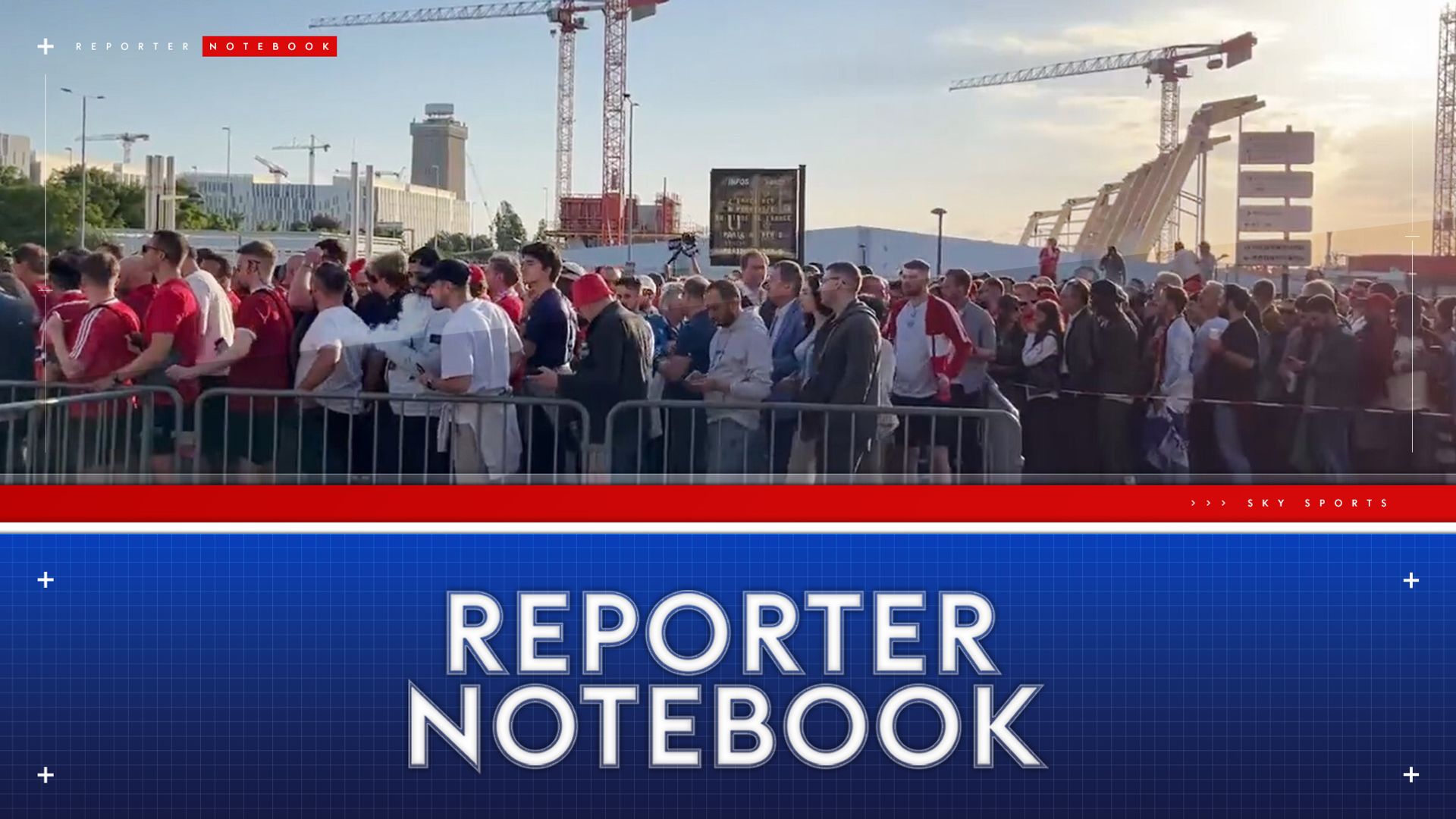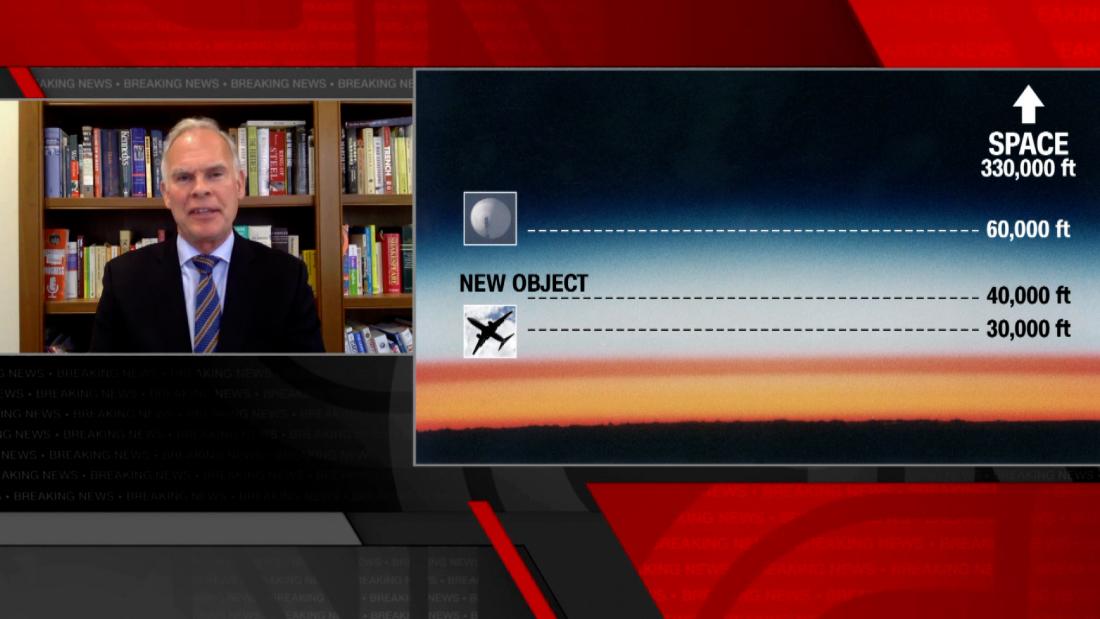Rising Crime Prods U.S. Cities to Reconsider Facial Recognition Bans
Facial recognition is making a comeback in the United States as bans to thwart the technology and curb racial bias in policing come under threat amid a surge in crime and increased lobbying from developers.

Facial recognition is making a comeback in the United States as bans to thwart the technology and curb racial bias in policing come under threat amid a surge in crime and increased lobbying from developers, reports Reuters.
From 2019 through 2021, about two dozen U.S. state or local governments passed laws restricting facial recognition, but efforts to get bans in place are meeting resistance in jurisdictions big and small from New York and Colorado to West Lafayette, Indiana.
Ongoing research by the federal government’s National Institute of Standards and Technology (NIST) has shown significant industry-wide progress in accuracy. And Department of Homeland Security testing published last month found little variation in accuracy across skin tone and gender.
However, the General Services Administration, which oversees federal contractors, said in a report released last month that major facial recognition tools disproportionately failed to match African Americans in its tests.
Facial recognition will be reviewed by the president’s new National AI Advisory Committee, which last week began forming a subgroup tasked with studying its use in policing.

 Landwebs
Landwebs 





















